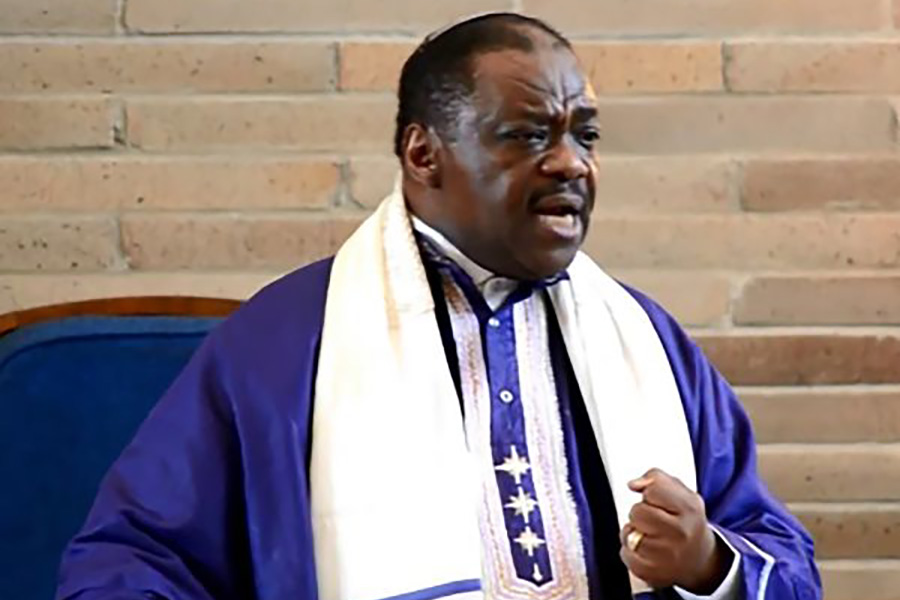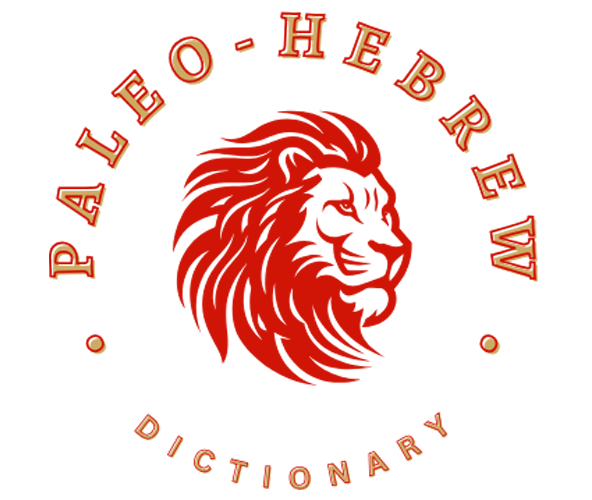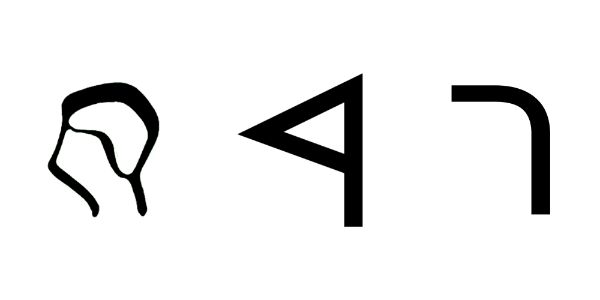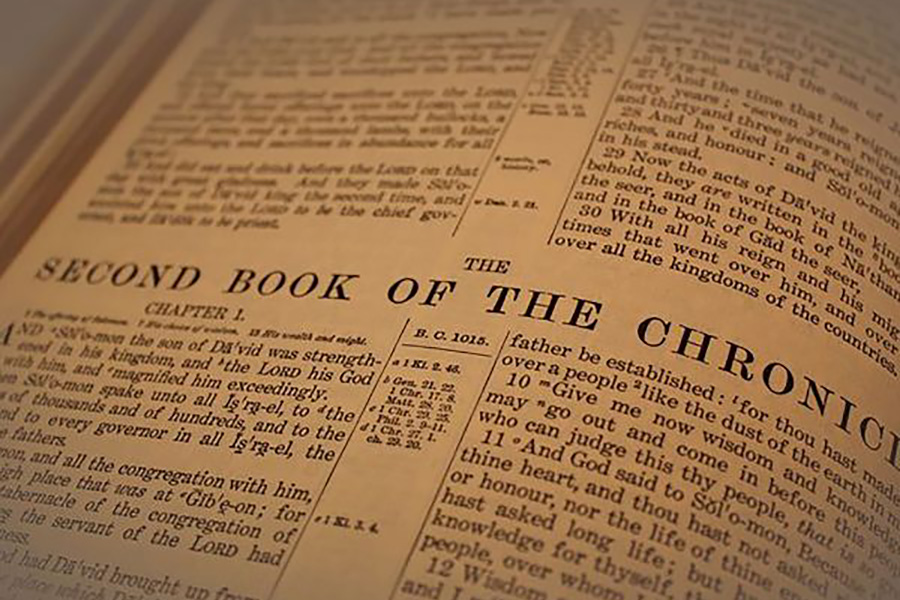The word maāshah (𐤌𐤏𐤔𐤄) means “work” meaning exertion or effort directed to produce or accomplish something; labor; toil.
The Paleo-Hebrew language or the original language of the Ābarayam is one spoken with an emphasis on the rauakh (breath, wind, spirit). With the language of the Ābarayam, each letter has a meaning and a number associated with it that adds meaning to each word they’re used with. Below you will be able to learn more about the letter in Ancient Hebrew, Yiddish Hebrew, Greek, and much more.
Letter Meanings
| Letter | Meaning |
|---|---|
| 𐤌 (m) – ma | water, chaos, mighty, liquid, massive, sea, blemish Prefix: from, of, from inside, than, more than, without, because of, due to, for |
| 𐤏 (ā) – ā | eye, to see, experience, watch, heed, know, cover, color |
| 𐤄 (h) – ha | look, behold, the, reveal, breath, life, man |
| 𐤄 (h) – ha | look, behold, the, reveal, breath, life, man Suffix: to, toward, in the direction of, -ward, her, feminine form, it |
| Ābarayat Number | |
| Hebrew Gematria | |
| English Gematria | |
| Simple Gematria |
Based on the meaning of the letters the word could be defined as:
- “mighty know(ledge) to change breath (life)”
- “mighty experience to change man”
- “chaos of know(ledge) to consume man”
- Combines Ma and Āshah
- From make (creation)
- From accomplish
- From appoint
- From become
- From bestow
- Of make (creation)
- Of accomplish
- Of appoint
- Of bestow
- More than make (creation)
- More than accomplish
- More than appoint
- More than bestow
Definitions for 𐤌𐤏𐤔𐤄 / maāshah
| Language | Word | Transliteration | Pronunciation | Definition |
|---|---|---|---|---|
| Ābarayat | 𐤌𐤏𐤔𐤄 | maāshah | ma-eh-shah | a deed, work, act, wrought Potentially written as maghashah (pronounced: ma-gha-shah). |
| English | work | work | wurk | exertion or effort directed to produce or accomplish something; labor; toil. |
| Hebrew | מַעֲשֶׂה | maaseh | mah-as-eh’ | a deed, work |
| Arabic | عمل | eamal | ale-moo-red | action, work, business, job, labor, act, employment |
| Greek | ἔργον | ergon | er’-gon | work, task, employment; a deed, action; that which is wrought or made, a work. |
Images for 𐤌𐤏𐤔𐤄 / maāshah



Definitions for /
When adding the 𐤉 (yad) to the end of a word, it creates a possessive of the original word. It can either signify “my…” or identify a member of a nation. For example, 𐤏𐤁𐤓 (Ābar) is the progenitor, but 𐤏𐤁𐤓𐤉 (Ābaray) is the singular descendant of him also known as a Hebrew.
| Language | Word | Transliteration | Pronunciation | Definition |
|---|---|---|---|---|
| Ābarayat | ||||
| English | ||||
| Hebrew | ||||
| Arabic | ||||
| Greek |
Images for /


Definitions for /
When adding the 𐤌 (mayam) after the 𐤉 (yad) to the end of a word, it creates a plural of the original word. It can identify multiple members of a nation. For example, 𐤏𐤁𐤓 (Ābar) is the progenitor, but 𐤏𐤁𐤓𐤉𐤌 (Ābarayam) are the plural descendants of him also known as Hebrews.
| Language | Word | Transliteration | Pronunciation | Definition |
|---|---|---|---|---|
| Ābarayat | ||||
| English | ||||
| Hebrew | ||||
| Arabic | ||||
| Greek |
Images for /


Definitions for /
When adding the 𐤕 (tau) after the 𐤉 (yad) to the end of a word, it creates a plural of the original word. It identifies the language or a sign of a nation’s existence. For example, 𐤏𐤁𐤓 (Ābar) is the progenitor, but 𐤏𐤁𐤓𐤉𐤕 (Ābarayat) is the language of him also known as Paleo-Hebrew language.
| Language | Word | Transliteration | Pronunciation | Definition |
|---|---|---|---|---|
| Ābarayat | ||||
| English | ||||
| Hebrew | ||||
| Arabic | ||||
| Greek |
Images for /


Classification
You can continue your studies of the words by viewing Strong’s entries for:




